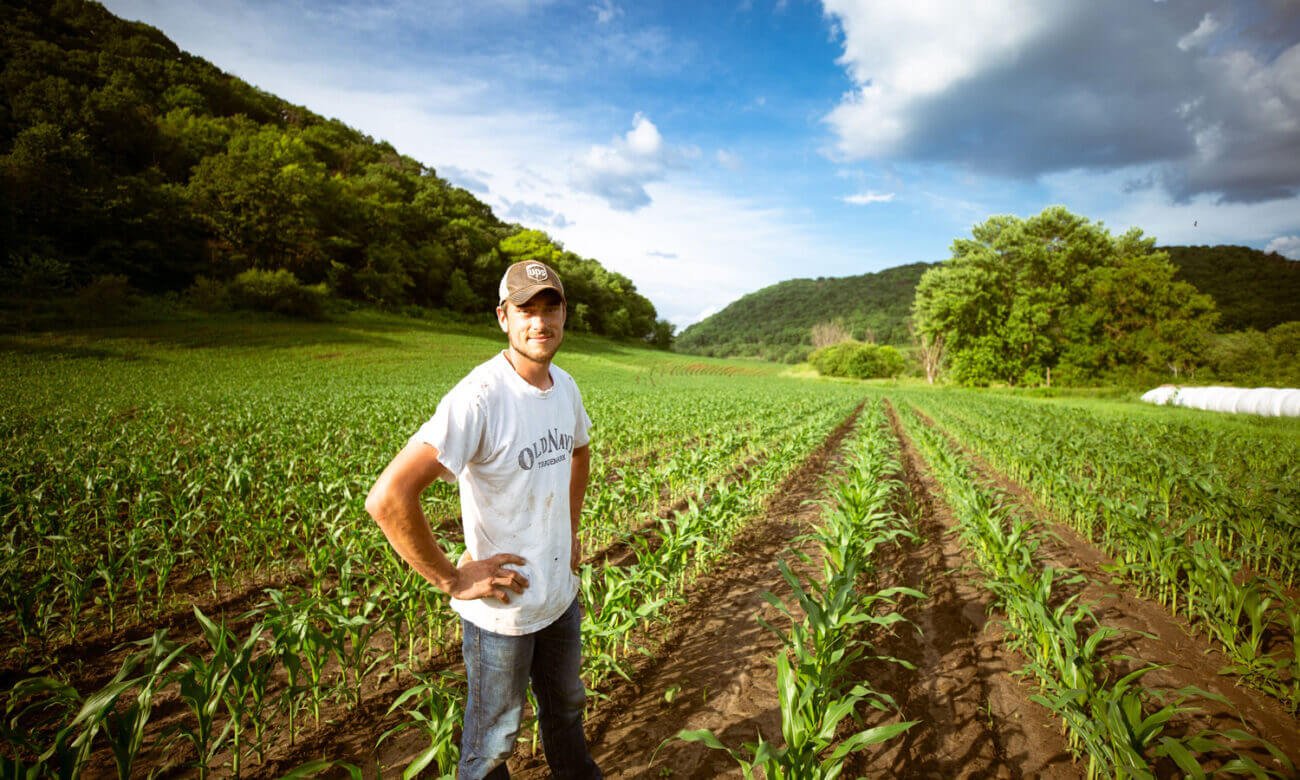- Divide the property value between the principal residence and the remainder of the property, with some or all of the latter part being used in the farming business. The adjusted cost base (ACB) and the proceeds must be divided reasonably between the two values to determine the capital gain for each. The principal residence portion may then qualify for a full principal residence exemption, as long as no other property was claimed by the taxpayer during the years it was owned, so potentially no capital gains tax would be applied. The remainder may be subject to capital gains tax (more on this below, as a qualified farm lifetime capital gains exemption may apply).
- The second method allows a deduction from the total capital gain on the entire property of $1,000, plus $1,000 per year of ownership. Practically speaking, this second option is unlikely to save tax given how much real estate values have appreciated in recent years.
Gifting real estate and a business to family
When you gift any asset to a family member, the transaction is generally deemed to take place at the fair market value, whatever value—$1 or otherwise—you apply to the transaction. Gifting may negate the land transfer tax for the municipality, province or territory, but you should seek local advice from your real estate lawyer.
Capital gains tax exemptions for farms
There is a $1 million lifetime capital gains exemption for qualified farm properties, Richard. A qualified farm property includes any of the following:
- A share of the capital stock of a family-farm or fishing corporation that you or your spouse or common-law partner owns
- An interest in a family-farm or fishing partnership that you or your spouse or common-law partner owns
- Real property, such as land, buildings and fishing vessels
- Property included in capital cost allowance Class 14.1, such as milk and egg quotas
- Fishing licenses
It should be noted that the rules for qualified farm properties became stricter after 1987, but in your case, Richard, the property must have been used principally for farming in the year of disposition or at least five years during the period you owned it.
You acquired the property in 1968 when capital gains tax did not apply in Canada. Capital gains became taxable in 1972, so your ACB would be the fair market value at that time.
There was also a $100,000 lifetime capital gains exemption that taxpayers could claim on any assets up until 1994. Many taxpayers elected to claim notional capital gains at that time to bump up their tax cost, so that may also increase your ACB.
If part of the property value is still taxable, Richard, you may also be able to defer the tax until your child sells the property. This deferral is allowed as long as that child is a Canadian resident and the property “has been used in the business in which you, your spouse or common-law partner, or any of your children were actively engaged on a regular and ongoing basis before the transfer,” according to the CRA.
Bottom line
In summary, it may not be necessary to gift the property to one of your children to avoid capital gains tax, Richard. There may not be tax payable due to the principal residence exemption, the $100,000 lifetime capital gains exemption from 1994, and the current $1 million qualified farm property lifetime capital gains exemption.
Anyone considering gifting an asset to a child should also consider the risks of giving up control of that asset, especially if they might need it in the future. A principal residence is a great example!


